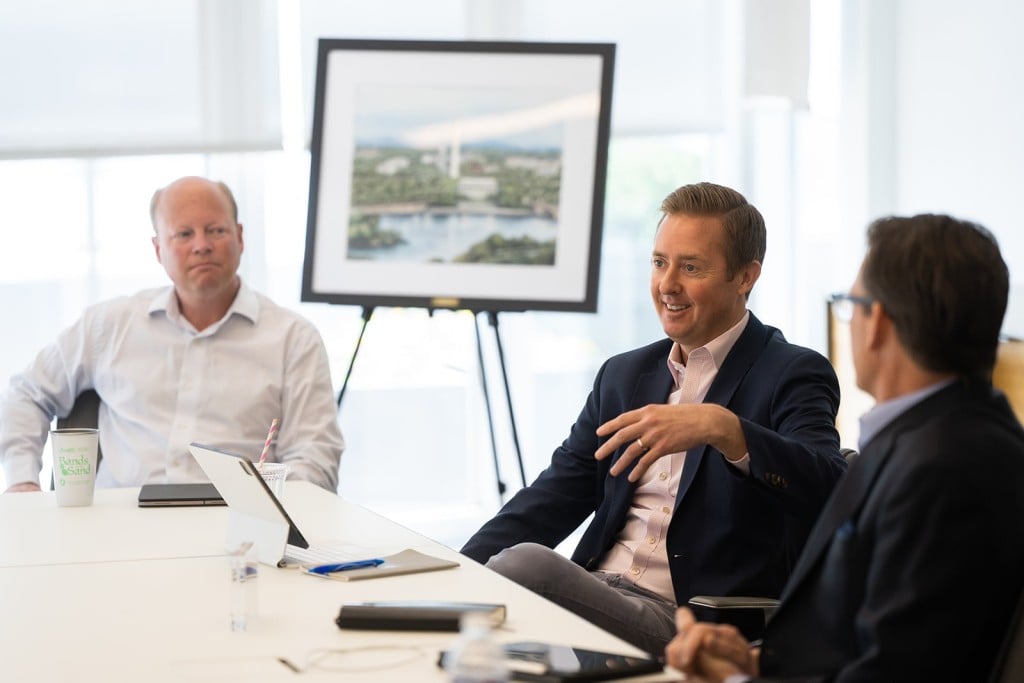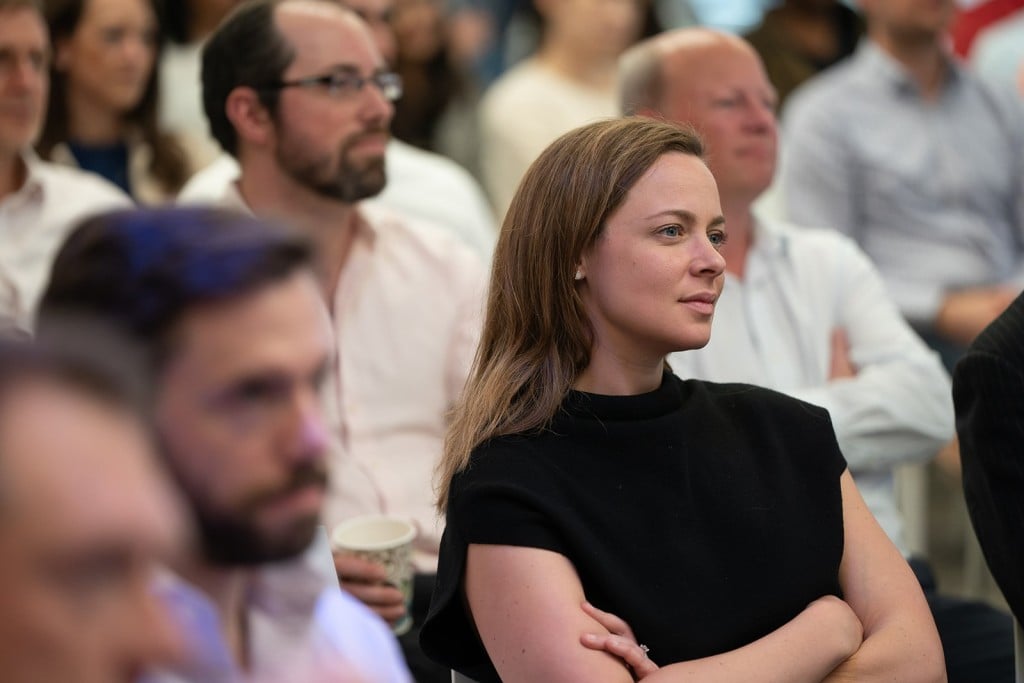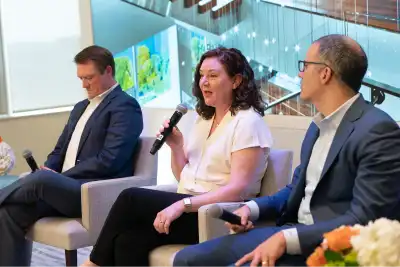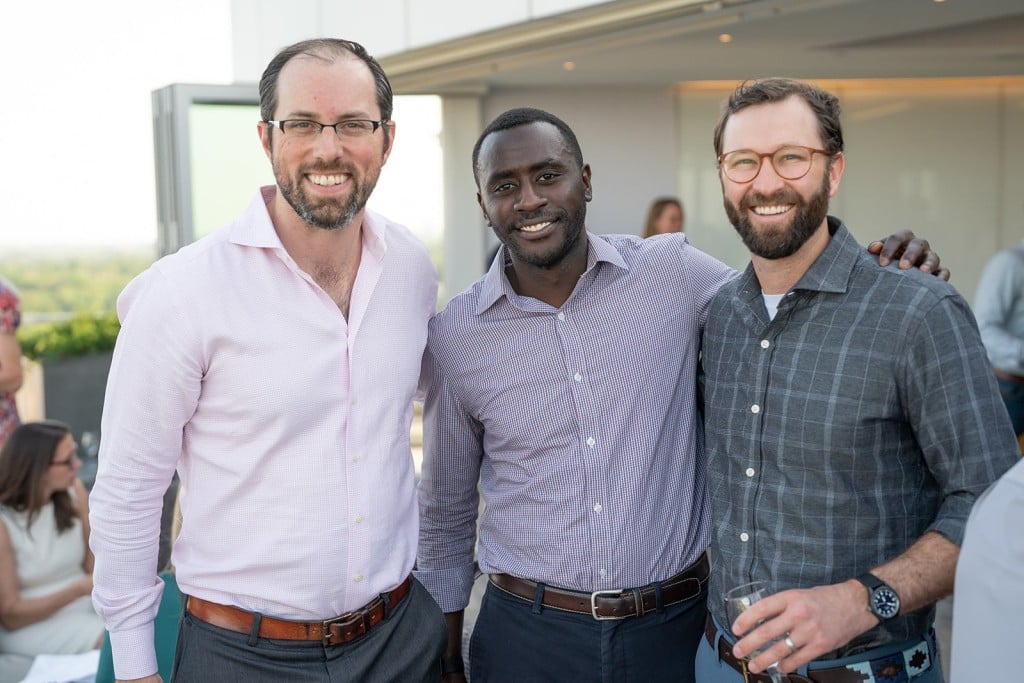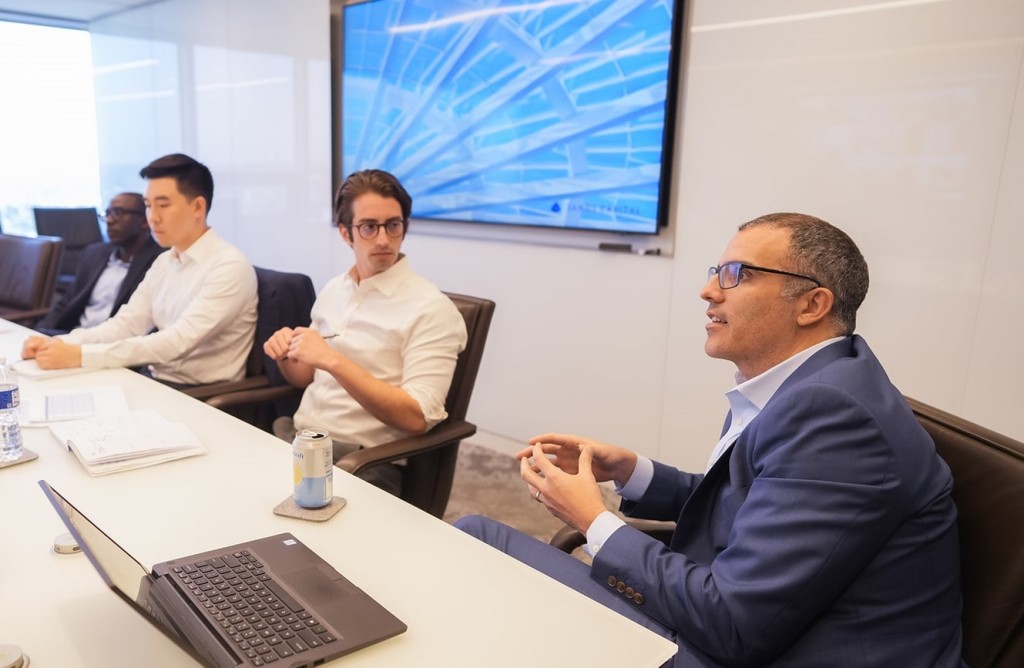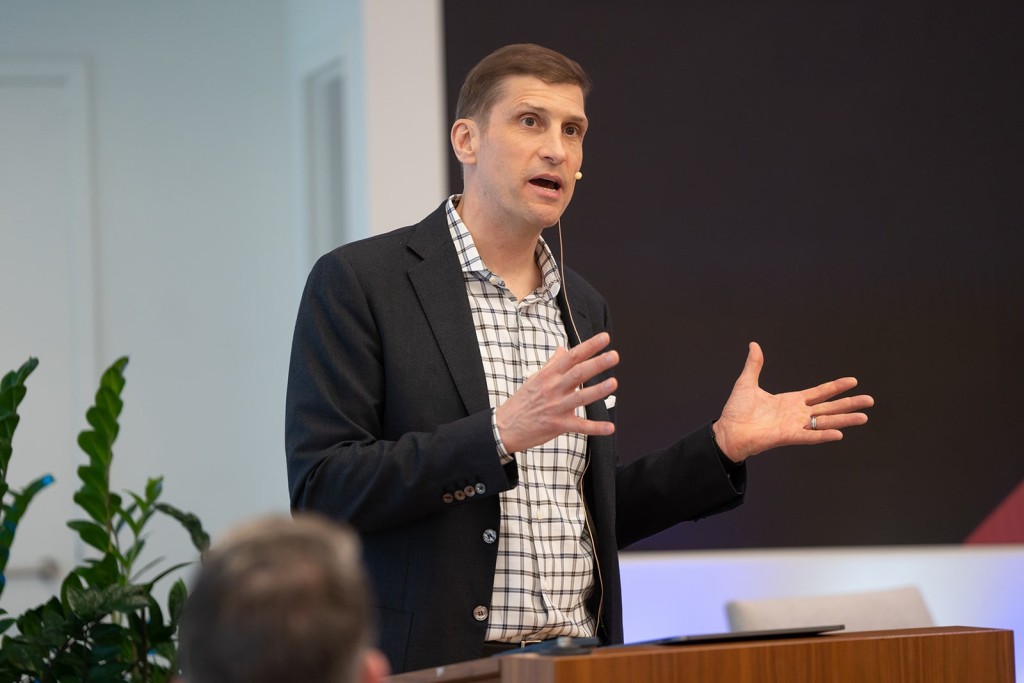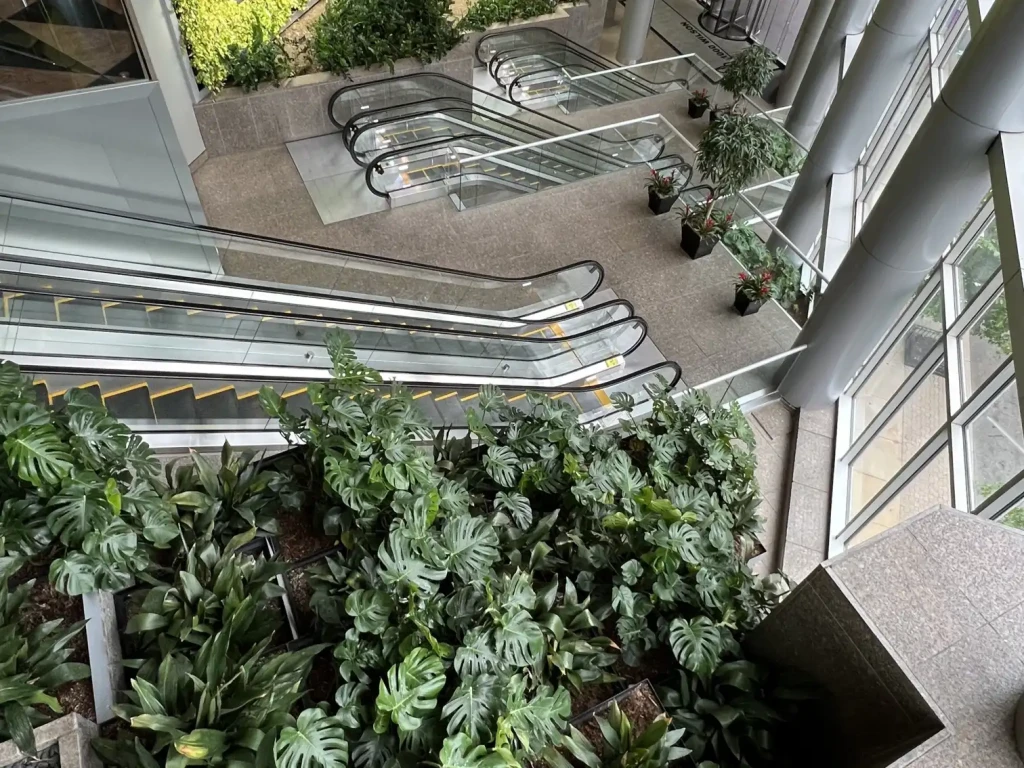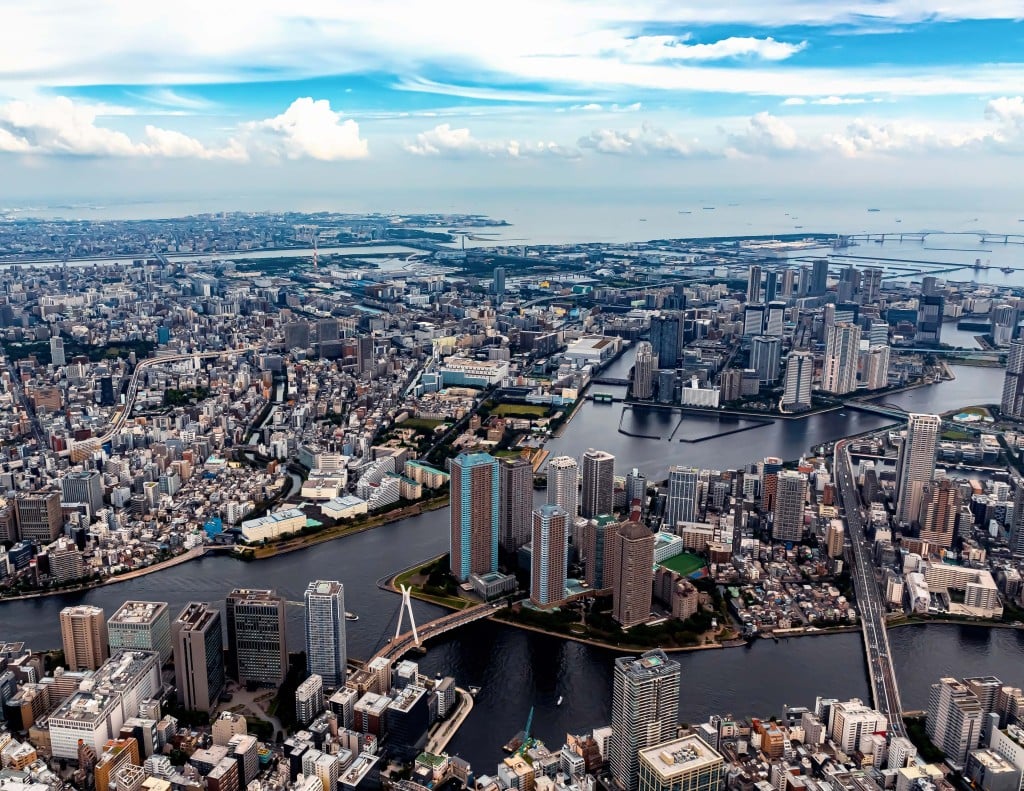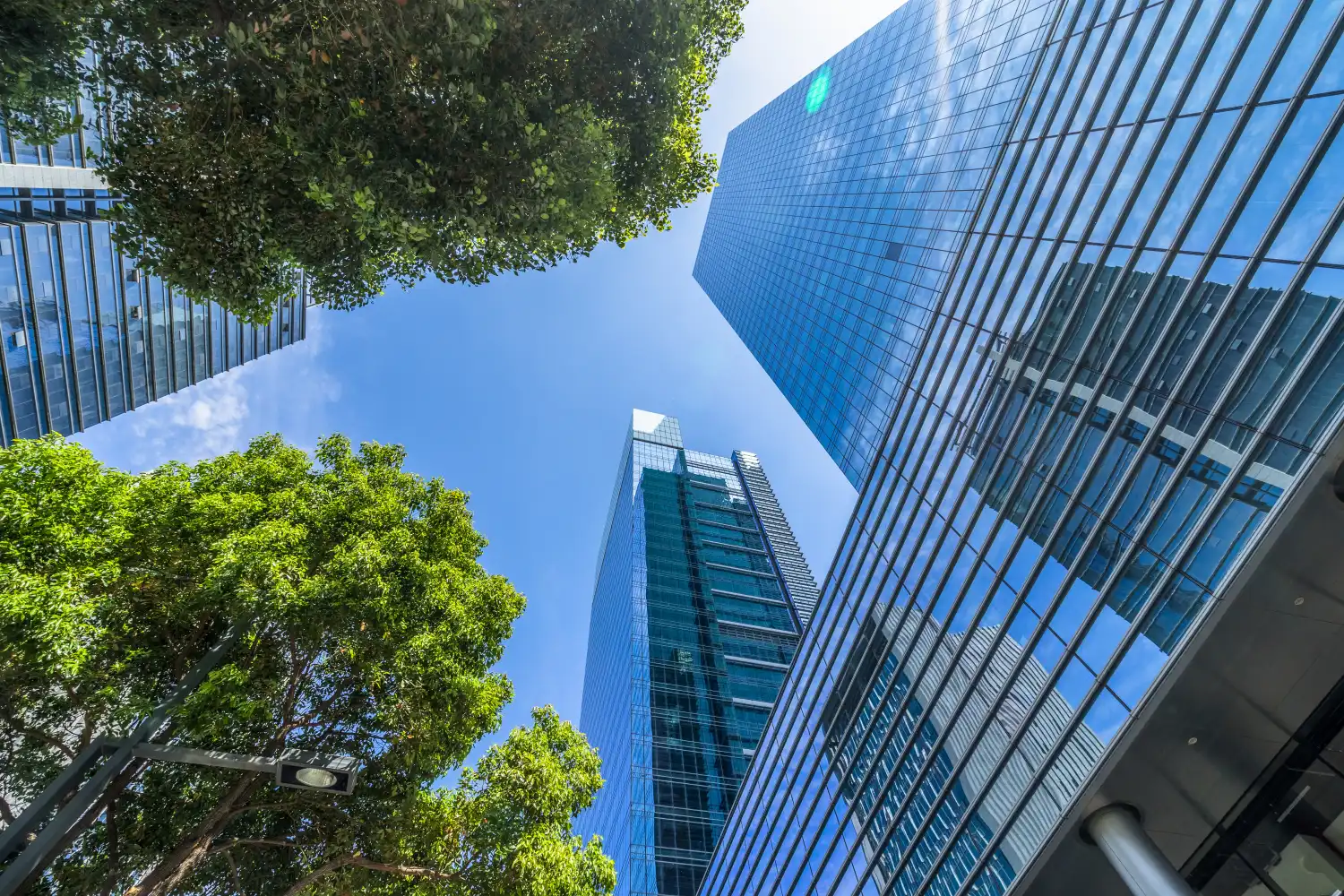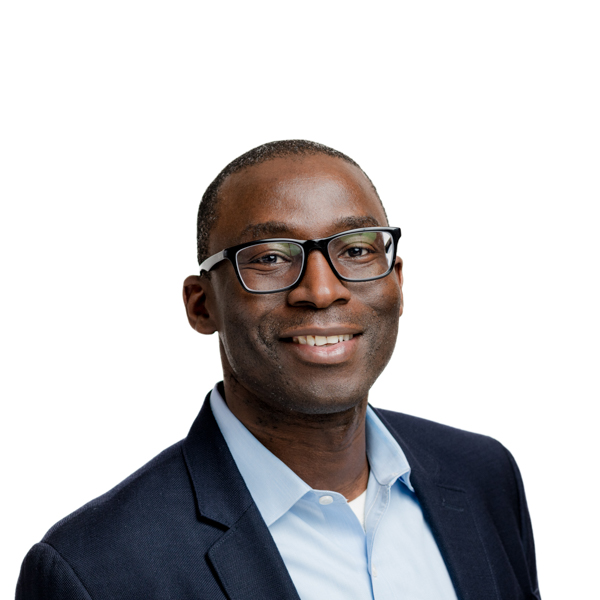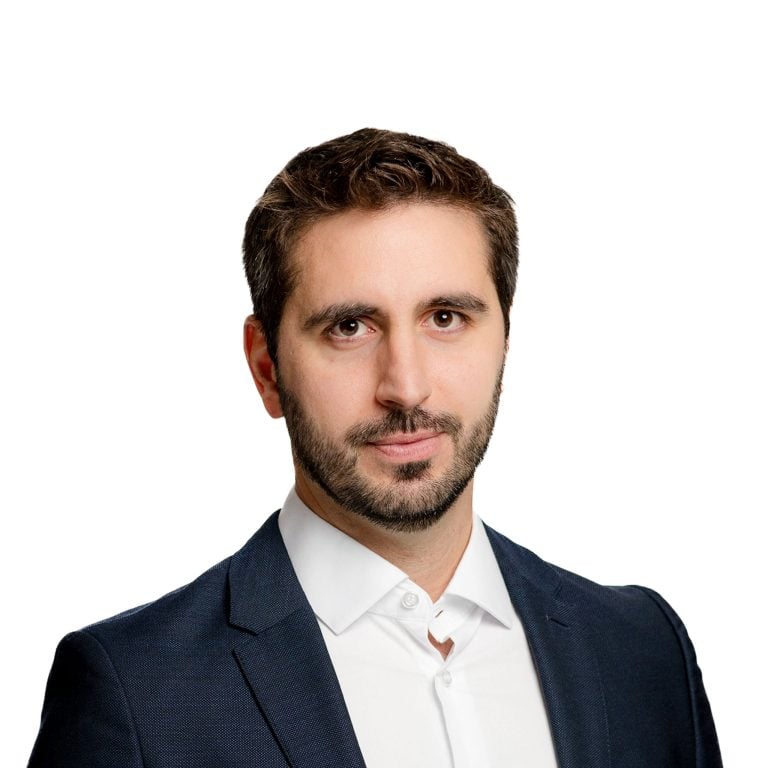Contributors
Related Articles
Since the end of the pandemic lockdown, our analysts and portfolio managers have gone back on the road, meeting with business owners, policymakers, suppliers, and consumers. Our first-hand observations of the economic and social climate strengthens the quality of our research and helps us generate insights. In this series, On the Road, we share the findings uncovered by our on-the-ground research.
Key Points
We have found attractive business opportunities in Brazil for many years and believe the country’s investment environment is one of the most favorable we have seen in a long time.
Overall, we believe that reforms ushered in by Luiz Inácio Lula da Silva, and other recent administrations, should boost economic growth and productivity and should bolster investor confidence in Brazil’s economy by limiting the negative impact that could arise from political rifts.
In the near-term, we have higher conviction in businesses that we view as best placed to benefit from the improved macroeconomic conditions and that can take advantage of secular growth opportunities in banking, ecommerce, transportation, electrification, and other areas.
Members of our research team returned to Brazil to assess medium- and long-term investment opportunities for our portfolio businesses in light of significant political and macroeconomic changes, including the January 2023 return to power by leftist Luiz Inácio Lula da Silva, known as Lula.
Overall, we came away from our trip more constructive on Brazil, which we view as a key opportunity in emerging markets. Over the past five years, we have more than tripled our exposure to Latin America, with Brazil as the third-largest country exposure in our Emerging Markets Growth strategy.
We have owned businesses in the country for many years and through difficult macroeconomic and political periods because we believe in their secular earnings power. On-the-ground research enables us to assess ongoing changes and consider the ability of our businesses to weather them.
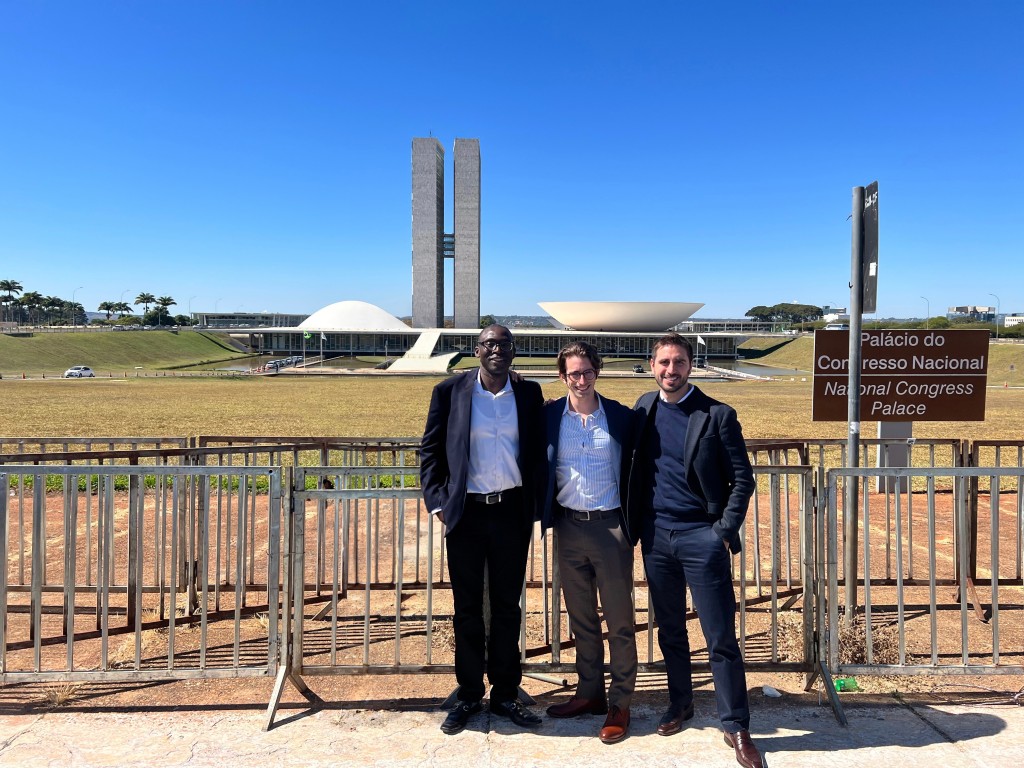
While we are a bottom-up manager, we spent a significant part of our trip conducting macroeconomic and political research. We met with legislators, finance ministry officials, and political consultants because we have seen how macroeconomics and politics are significantly more influential when investing in emerging markets than in their developed market peers. In Brazil’s case, this in-person research was particularly critical, given the significant shifts that have occurred over the last few years. Notably, Lula’s presidency marks a major political shift from the right-leaning government of Jair Bolsonaro.
The last several years have been volatile and challenging for Brazil, but we believe the economy is approaching a potential sweet spot of improving medium- to long-term dynamics and cyclical tailwinds. Lula’s administration has been able to usher in key fiscal reforms that have opened the way for the country’s central bank to begin cutting its benchmark interest rate (SELIC) that it had pushed to historic highs to rein in pandemic-period inflation. Previous reforms, including labor and pension reforms, combined with the new fiscal framework appear to have set the stage for reacceleration in economic growth, a moderation of inflation, and improvements in consumer and corporate sentiment, which have the potential to boost demand.
In addition to the progress on fiscal, economic, and institutional reforms, we are encouraged by what we see as increasingly more stable and predictable politics, which we expect to persist for at least the next three years. We believe the combination of all these factors makes Brazil a relatively more favorable investment environment—in an emerging markets context—over the next one to five years and even beyond.
Key Macroeconomic Takeaways
- A new fiscal framework is a done deal, following approval by the Brazilian National Congress. We believe the reform demonstrates Lula’s fiscal discipline and paved the way for Brazil’s central bank to cut its benchmark SELIC rate from post-pandemic highs.
- Tax reform will be more challenging, given conflicting priorities. A compromise deal—short of all the government’s priorities—is possible.
- The political climate has moderated. Political parties on the left, right, and center all gained a significant share of legislative seats, but none holds a majority. Hence, politicians are forced to compromise and work with opponents across the political spectrum to get things done. Such a set-up reduces the risk of extreme agendas moving ahead.
- The central bank continues to pursue an ambitious reform agenda for the financial services sector, which, in the long term, aims to increase competition, reduce costs, and provide consumers with a wider range of options for banking, payments, and other financial services.
- Local sentiment has improved. Overall, we found management teams, policymakers, investors, and experts to be quite constructive about the outlook for the economy, business, and financial markets.
Turning the Page
Pandemic-related disruptions worsened cyclical headwinds and led to a slowdown in economic growth and an acceleration of inflation. To control inflation, the central bank raised its benchmark SELIC rate to a nearly 10-year high of almost 14 percent in 2022. At the same time, Brazil faced political uncertainties from a 2022 general election that magnified the wide differences in public opinion across the political spectrum and the polarization of the Brazilian society, with populists as leading candidates for the right and left.
While 2023 got off to a rocky start, the government seems to have found its footing, adopting a more pragmatic approach to pursuing its broader agenda, particularly on much-needed fiscal and tax reforms. We view these reforms as essential for Brazil’s long-term fiscal stability. They include a simplification of the tax system for businesses, entrepreneurs, and individuals. We believe this will be supportive for investment, consumption, and business activities.
These immediate reforms can enhance other institutional, social, economic, and corporate reforms that Brazil has made over the last five to seven years. Among other things, the country has created an independent central bank, passed labor and pension reforms, implemented a government spending cap, and opened the energy, transportation, and sanitation sectors to more private ownership.
Collectively, we believe these reforms can have a positive medium- to long-term effect on the Brazilian economy by making the government more fiscally responsible and less populist. Overall, we expect the changes to boost economic growth and productivity, as well as investor confidence in Brazil’s medium- to long-term economic outlook.
A much-improved global economy can add to the positive momentum, which could increase the demand for Brazil’s exports and reduce inflationary pressures. Over the last one to two years, reported economic growth has consistently outpaced official expectations. Brazil’s IPCA inflation rate was near a two-year low of 4.6 percent at the end of August 2023.[1] This rate compares with the official benchmark rate of 13.25 percent (implying high real interest rates of about 8.6 percent), so it creates substantial room for the central bank to cut rates over the next six to 12 months.
Investing in Brazil
Any downturn affects industries and individual businesses differently. Some companies are much more dependent on macroeconomic conditions, while others are able to grow regardless of the broader macroeconomic environment and use their financial strength to consolidate their competitive positions while their peers struggle.
We found that many of our portfolio companies emerged from the recent downturn in better financial shape and with stronger competitive positions.
We believe the reforms, improved economics, and falling rates can further support select businesses, especially those that are able to benefit from some of the key secular trends that will remain in place despite cyclical weakness. These include businesses that can cater to the large segment of the population that has been underserved by state-run banks or that can gain ground in ecommerce, which has a lower penetration rate in Latin America than in other emerging market regions.
Opportunities in Ecommerce
We saw firsthand how drugstore giant Raia Drogasil put its financial strength to work during the downturn.
During our tours of stores in Sao Paulo, we noticed that a clear gap had emerged between Raia and some of its competitors. We observed that in the same neighborhood—in fact, sometimes just across the street—Raia’s competitors’ sales appeared to be underperforming significantly. To us, this reflects the quality of management at the store level, products, strategy, store design/layout, and employee turnover. Raia’s team explained that a much higher product turnover for the same expense base (rents, staff costs, other overheads similar for stores in the same neighborhood) tended to result in Raia’s higher margins, which it reinvests in the growth of its business and/or toward improving customer experience. On the whole, we expect the business to continue to expand organically; its goal is to open 300 new stores by the end of 2023. Despite its massive physical presence across the country (it currently has more than 2,500 stores), it understands that to really engage customers, improve the customer experience, and drive brand loyalty, it has to build its online presence, which we believe will add to already high margins.
Latin American ecommerce giant MercadoLibre is another example of financial strength in action. It was one of the only ecommerce companies with positive free cash flow and a robust balance sheet during the region’s downturn, so it was able to accelerate investments into adjacent businesses, such as payments and logistics, which helped it improve the overall customer experience and increase revenue generation with increased third-party transaction fees.
Additionally, MercadoLibre’s value proposition relative to physical retail became more widely appreciated as consumers became even more sensitive to price, and more sellers looked to expand distribution channels beyond physical stores. As a result, MercadoLibre benefited from an accelerated shift from offline to online shopping and increased its market share online.
Management estimates that its Brazil business, which accounts for about 50 percent of its gross merchandise value, expanded its market share by about 8 percent over the last year and sees room to gain further, given its comprehensive product offerings, advantages in logistics, and a strong balance sheet. MercadoLibre has left its competitors behind with its logistics model that was built for a third-party marketplace. Locating the bulk of its logistics in the Sao Paulo region—where 60 percent to 70 percent of sellers are based and most of its imports stored—made it easier for MercadoLibre to build a more integrated and streamlined logistics operation with fewer deliveries between distribution centers.
We believe car rental company Localiza’s experience further reinforces the importance of financial strength, as well as the value of entrepreneurial management teams who can lead a company to take advantage of a crisis to find opportunities to modernize and add value for their customers.
Brazilian car manufacturers were severely affected by the semiconductor shortage caused by the coronavirus pandemic. Supply-chain shortages made it difficult for these automakers and, by extension, car rental companies to renew or expand their vehicle fleets. However, while others took on substantial debt to keep operations afloat, Localiza took advantage of its solid balance sheet and access to financing to acquire the second-largest operator in the market and invest in new business segments. The combination of the two largest Brazilian automobile leasing and rental car companies has the potential to create the largest publicly traded car rental company in the world. We came away from our trip with a greater conviction in the long-term direction of Localiza, which has become more dominant in the industry, opening up new opportunities and clearing the path for sustainable growth in its core car rental business and other key growth opportunities, such as ride sharing and long-term leasing.
Banking on Brazil
Across emerging markets, traditional banking institutions, as well as financial technology companies, are vying for the business of enormous swaths of the population whose needs are unserved or underserved.
In Brazil, the combination of an inefficient, concentrated banking system and staggering numbers of underserved continue to present an enormous opportunity for the country’s largest fintech company, Nu Holding’s Nubank.
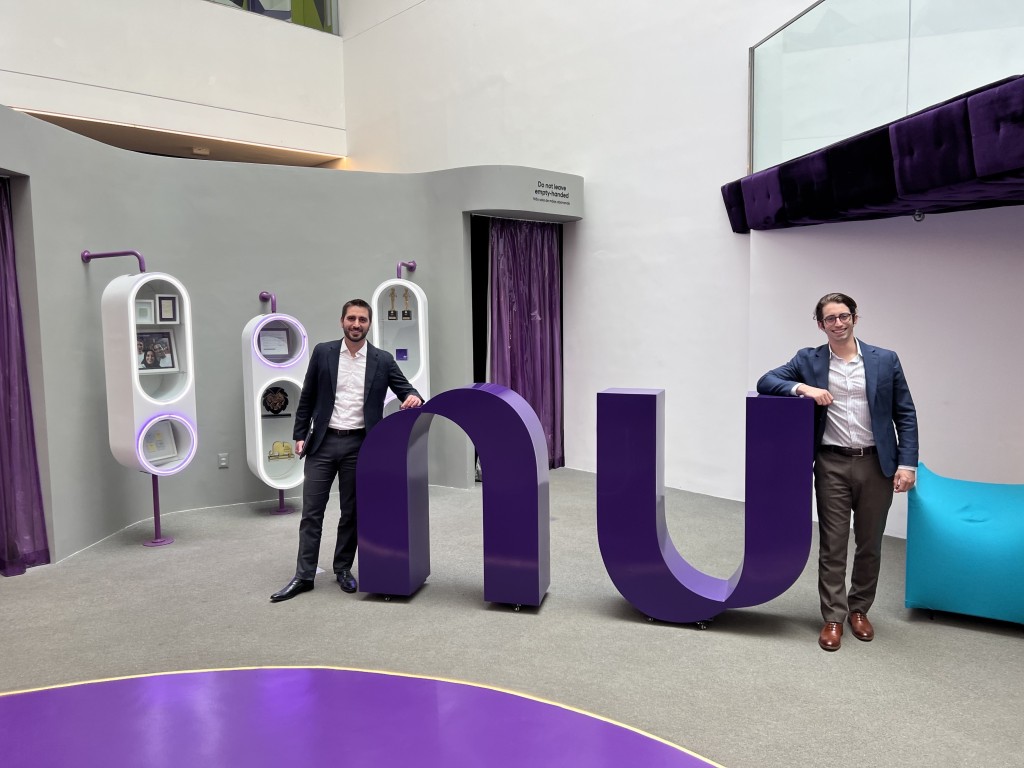
The company made its name by offering no-fee credit cards and apps that made it easier for customers to apply for loans, pay bills, and request credit line increases. During our meetings with management, we learned of the company’s inspiring early signs of successful adoption of its new product for payroll lending, which has a profit pool about the same size as credit cards. The company is betting that its better pricing will attract customers.
We are also encouraged by Nubank’s ability to court a more affluent clientele. The push into the high-income clients became a priority for 2023 and 2024. Management’s game plan involves better identifying affluent individuals to expedite credit limit increases, expanding product offerings, and redesigning its premium brand (UltraVioleta).
We expect Nubank will also get a boost from ongoing banking reform. The Open Finance Initiative, which standardized the sharing of data and services through the integration of systems, is being implemented by banks, brokers, and other financial and payment institutions. The initiative, pushed by Brazil’s central bank, aims to encourage innovation, stimulate competition, increase efficiency, and encourage broader participation in the financial system.
Under the new initiative, experts said that information is being processed much more efficiently. Our update with a banking innovation expert and subsequent discussions with other players gave us confidence that the Open Finance Initiative can reduce the barriers to exit from legacy banks and accelerate Nubank’s ability to establish a primary banking relationship with many of its customers.
Digital brokerage XP has been credited with expanding access to investing for large segments of Brazil’s population and continues to target customers looking to pay lower fees than those offered by the country’s big banks.
XP came under pressure when Brazil’s central bank raised rates because many investors moved into safer fixed-income investments. We expect that trend to reverse as rates fall and that an improving asset mix tilted toward equities will boost fees, while the reallocation of capital from savings accounts toward higher-returning assets will support inflows. Independent financial advisors we spoke to and XP’s management suggest that high single digits are the “golden range” for balanced inflows across asset classes.
XP’s competitive outlook remains unchanged, and the company sees incumbent banks rather than other independent brokers as its main competition. The country’s financial advisor business has begun to consolidate after two years of pandemic-induced strains. This dynamic may place upward pressure on the commissions XP pays to its financial advisors; however, we believe that its larger, more formalized advisor network should also produce more effective asset-gatherers and, therefore, this headwind could be partially offset by stronger inflows to XP’s financial advisor channel.
The Value of Solid Financials
Brazil, like other emerging market economies, is more informal, less consolidated, and more capital constrained. During our visits, we saw firsthand how financially strong companies have often been able to go on the offensive and use short-term adversities in the economy or financial markets to their advantage. We have seen our portfolio companies expand their market share, make selective acquisitions to consolidate a market, innovate to find new ways to add value for their customers, and benefit from more favorable terms with suppliers and/or lease agreements when they are able to continue to invest in growth while competitors are not. Financial strength is also critical for companies to not just survive but to thrive coming out of downturns because access to capital can completely dry up for small- and medium-sized enterprises. In less formal economies, such access often represents the biggest source of competition.
We believe that our businesses in Brazil are thriving and are excited to have had the opportunity to reaffirm our conviction in them. These are businesses that are creating or benefiting from technological advances that enable better, faster, and less expensive access to commerce and financial services. We believe these trends will persist regardless of macroeconomic conditions and political changes.
[1] Instituto Brasileiro de Geografia e Estatística. Data as of September 30, 2023.
Disclosures:
The specific securities identified and described do not represent all of the securities purchased, sold, or recommended for advisory clients. There is no assurance that any securities discussed will remain in the portfolio or that securities sold have not been repurchased. You should not assume that any investment is or will be profitable. A full list of public portfolio holdings, including their purchase dates, is available here.
Unless otherwise noted, the companies identified represent a subset of current holdings in Sands Capital portfolios. These are companies that our research team visited during their trip. Four are the largest Brazil weights in our Emerging Markets Growth portfolio, while MercadoLibre, EMG’s largest weight in Latin America, derives a significant portion of its revenue from its Brazil business. WEG, also domiciled in Brazil, is also owned in the Emerging Markets Growth and International Growth strategies. We did not visit this company during the research trip covered in this article.
As of September 30, 2023, Localiza was held in our Emerging Markets Growth and Emerging Markets ex China strategies. MercadoLibre was held in Global Growth, Emerging Markets Growth, Global Focus, International Growth, Emerging Markets ex China, and Technology Innovators. Nu Holdings was held in Emerging Markets Growth, Emerging Markets ex China, Emerging Markets Discovery, and Technology Innovators. XP was held in Emerging Markets Growth, Emerging Markets Discovery, and Emerging Markets ex China. Raia Drogasil was held in Emerging Markets Growth and Emerging Markets ex China. You should not assume that any investment is or will be profitable.
The views expressed are the opinion of Sands Capital and are not intended as a forecast, a guarantee of future results, investment recommendations, or an offer to buy or sell any securities. The views expressed were current as of the date indicated and are subject to change. This material may contain forward-looking statements, which are subject to uncertainty and contingencies outside of Sands Capital’s control. All investments are subject to market risk, including the possible loss of principal. Readers should not place undue reliance upon these forward-looking statements. There is no guarantee that Sands Capital will meet its stated goals. Past performance is not indicative of future results.
The references to “we,” “us,” “our,” and “Sands Capital” refer collectively to Sands Capital Management, LLC, which provides investment advisory services with respect to Sands Capital’s public market investment strategies, and Sands Capital Ventures, LLC, which provides investment advisory services with respect to Sands Capital’s private market investment strategies, including the Global Innovation strategy, which is available only to qualified investors. As the context requires, the term “Sands Capital” may refer to such entities individually or collectively.
As of October 1, 2021, Sands Capital was redefined to be the combination of Sands Capital Management, LLC and Sands Capital Ventures. Both firms are registered investment advisers with the United States Securities and Exchange Commission in accordance with the Investment Advisers Act of 1940. The two registered investment advisers are combined to be one firm and are doing business as Sands Capital. Sands Capital operates as a distinct business organization, retains discretion over the assets between the two registered investment advisers, and has autonomy over the total investment decision-making process.
Information contained herein may be based on, or derived from, information provided by third parties. The accuracy of such information has not been independently verified and cannot be guaranteed. The information in this document speaks as of the date of this document or such earlier date as set out herein or as the context may require and may be subject to updating, completion, revision, and amendment. There will be no obligation to update any of the information or correct any inaccuracies contained herein.
This material is for informational purposes only and does not constitute an offer, invitation, or recommendation to buy, sell, subscribe for, or issue any securities. The material is based on information that we consider correct, and any estimates, opinions, conclusions, or recommendations contained in this communication are reasonably held or made at the time of compilation. However, no warranty is made as to the accuracy or reliability of any estimates, opinions, conclusions, or recommendations. It should not be construed as investment, legal, or tax advice and may not be reproduced or distributed to any person.
In the United Kingdom, this communication is issued by Sands Capital Advisors – UK Ltd (“Sands UK”) and approved by Robert Quinn Advisory LLP, which is authorised and regulated by the UK Financial Conduct Authority (“FCA”). Sands UK is an Appointed Representative of Robert Quinn Advisory LLP. This material constitutes a financial promotion for the purposes of the Financial Services and Markets Act 2000 (the “Act”) and the handbook of rules and guidance issued from time to time by the FCA (the “FCA Rules”). This material is for information purposes only and does not constitute an offer to subscribe for or purchase of any financial instrument. Sands UK neither provides investment advice to, nor receives and transmits orders from, persons to whom this material is communicated, nor does it carry on any other activities with or for such persons that constitute “MiFID or equivalent third country business” for the purposes of the FCA Rules. All information provided is not warranted as to completeness or accuracy and is subject to change without notice. This communication and any investment or service to which this material may relate is exclusively intended for persons who are Professional Clients or Eligible Counterparties for the purposes of the FCA Rules and other persons should not act or rely on it. This communication is not intended for use by any person or entity in any jurisdiction or country where such distribution or use would be contrary to local law or regulation.
#3197477

